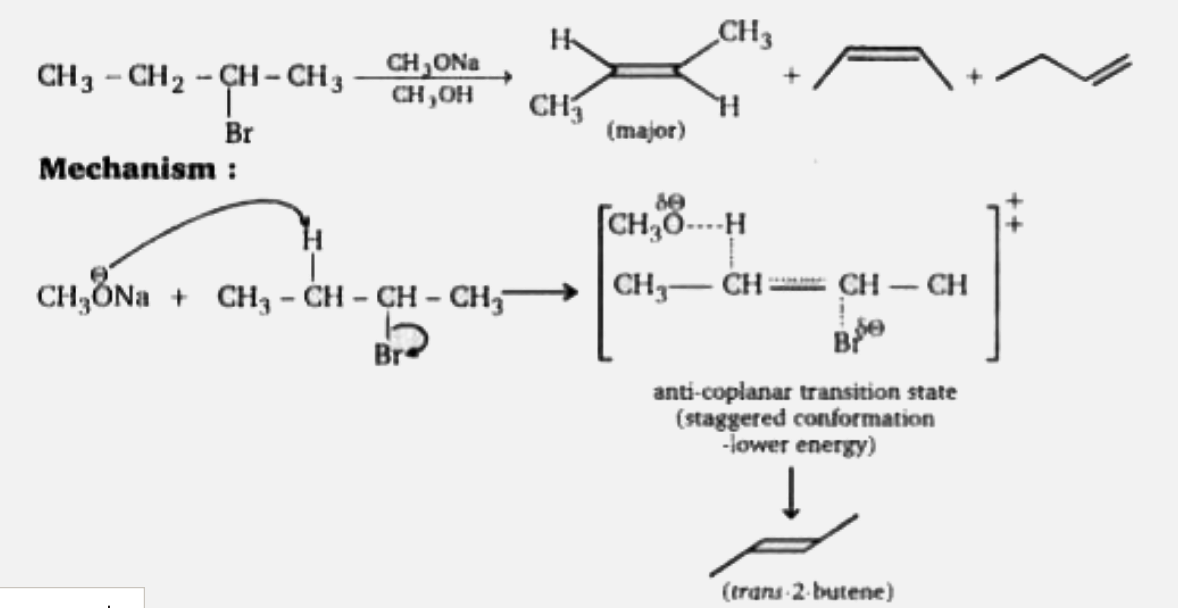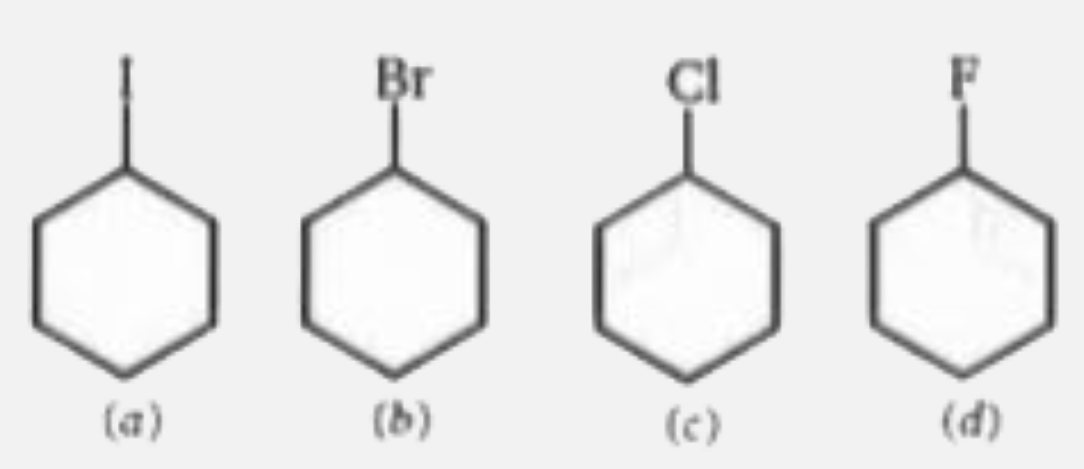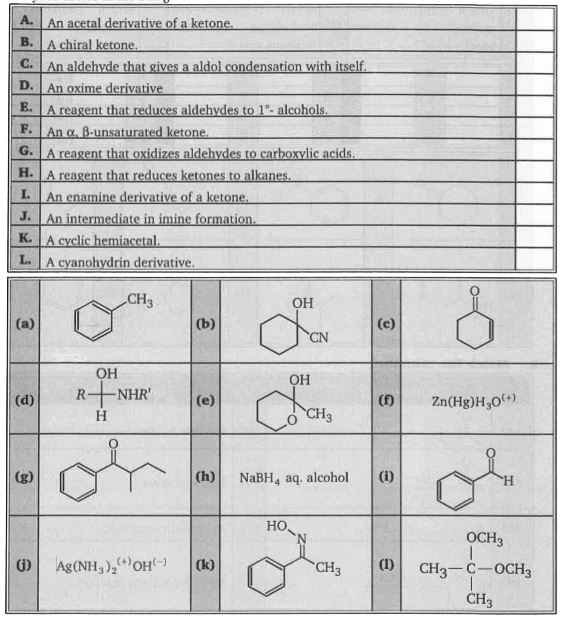![x,y,z are moles used. sum of [x + y + z = 1]](https://d10lpgp6xz60nq.cloudfront.net/physics_images/BLJ_MSC_OBJ_CHE_JEE_C05B_E02_014_Q01.png)
x,y,z are moles used.
sum of [x + y + z = 1]Solution in Kannada
2 mole NaNH2 for E2 and 1 mole for acid - base reaction.
(2) 2 mole of NaNH2 for E2
(3) 2 mole NaNH2 for E2 and 1 mole for acid-base.
Topper's Solved these Questions
- BOOK - MS CHOUHANCHAPTER - ALKYL HALIDES (ELIMINATION REACTION) EXERCISE - LEVEL-225videos
ALKYL HALIDES (ELIMINATION REACTION)
- BOOK - MS CHOUHANCHAPTER - ALDEHYDES AND KETONESEXERCISE - LEVEL-220videos
ALDEHYDES AND KETONES
- BOOK - MS CHOUHANCHAPTER - ALKYL HALIDES (SUBSTITUTION REACTIONS)EXERCISE - LEVEL-241videos
ALKYL HALIDES (SUBSTITUTION REACTIONS)
Similar Questions
Comprehension
E2 raction → Elimination bimolecular
In the general mechanism of the E2 reaction a strong base abstract a proton on a carbon atom adjacent to the one of the leaving group. As the abstracts a proton , a double bond forms and the leaving group leaves.

Identify the rate of reaction of given compounds in E2 reaction:
 04:04View Solution
04:04View SolutionSelect the best choice for example (A to L) from the examples (a to n) given below. Write your choice in the box given.

 01:38View Solution
01:38View SolutionStatement - 1 : Nucleophilicity order in polar-protic solvent is I−<Br−<Cl−<F−
Statement-2 : Due to bigger size of I it is less solvated in polar-protic solvent.05:35View SolutionSolve the system x+y+z=16,x-y+z=2,2x+y-z=1 using matrix method.
04:12View SolutionIf logxy−z=logyz−x=logzx−y, then prove that: xxyyzz=1
04:47View Solutionx,y,z araea mole used sum of [X+Y+Z=]
02:10View Solution∣∣ ∣ ∣∣1+xyzx1+yzxy1+z∣∣ ∣ ∣∣=1+x+y+z
06:00View Solutionसारणियों के गुणधर्मों का प्रयोग करके हल कीजिए :
∣∣ ∣ ∣∣y+zzyzz+xxyxx+y∣∣ ∣ ∣∣05:19View SolutionWhat is the sum of x, y and z?
x+y=8
x+z=11
y+z=704:06View Solutionसारणिक के गुणों का प्रयोग करके सिद्ध कीजिए कि ∣∣ ∣ ∣∣xyzx2y2z2y+zz+xx+y∣∣ ∣ ∣∣=(x+y+z)(x−y)(y−z)(z−x)
03:13View SolutionSolve x+y+z=4,x−y+z=2,2x+y−z=1 using Crammer's rule.
06:45View SolutionIf x>y>z>0, then find the value of cot−1(xy+1)x−y+cot−1(yz+1)zy−z+cot−1(zx+1)z−x
04:14View SolutionUsing the properties of determinants in Exercise 1 to 6, evaluate
∣∣ ∣ ∣∣a+xyzxa+yzxya+z∣∣ ∣ ∣∣07:24View Solutionif x+y+z=0,then Prove that (xyz)/((x+y)(y+z)(z+x))=-1 where(x!=-y,y!=-z,z!=-x)
07:15View Solutionx y : y z : z x = 1 : 5 : 9 Find ( x + y ) : ( y + z ) : ( z + x ) = ?
07:32View SolutionUsing properties of determinants, prove that
∣∣ ∣ ∣∣y+zz+xx+yz+xx+yy+zx+yy+zz+x∣∣ ∣ ∣∣=2∣∣ ∣ ∣∣xyzyzxzxy∣∣ ∣ ∣∣=−2(x3+y3+z3−3xyz)04:12View Solution

